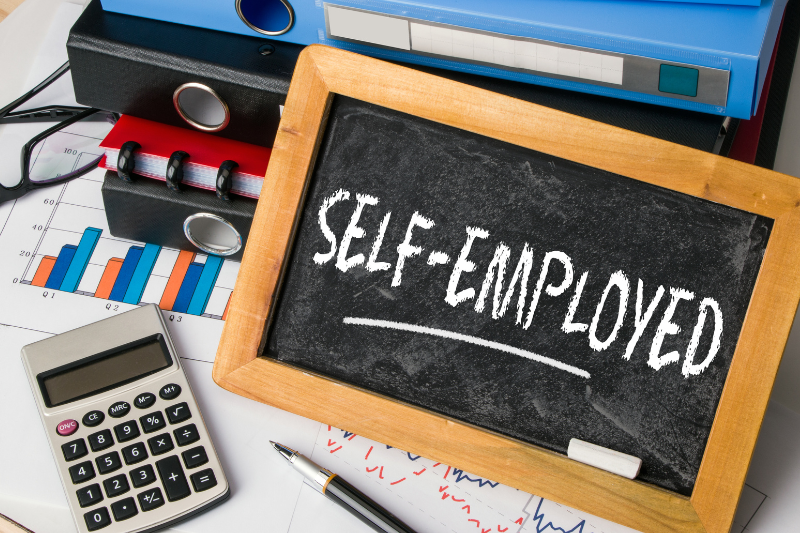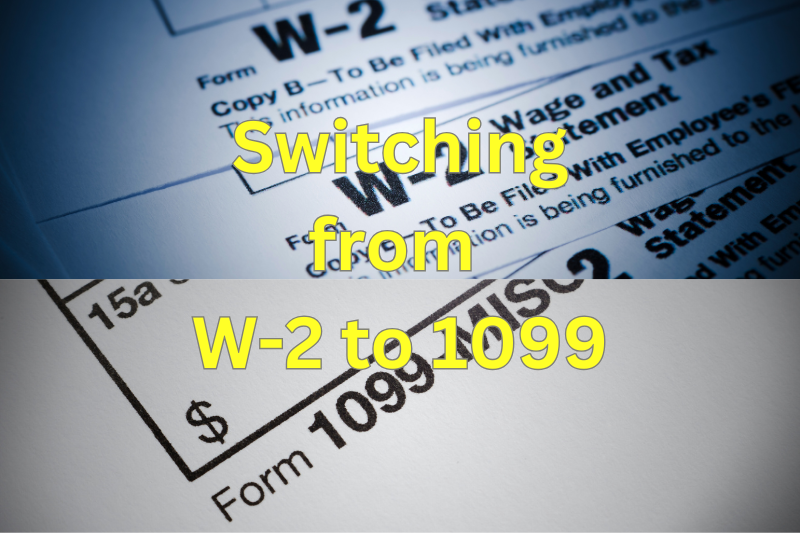So you’ve been out here grinding. LLC in the bio. Invoices flying. Taxes paid (hopefully).…
Before You Buy a House: Let’s Talk Upfront Fees (a.k.a. the “Not-So-Free” Part of Homebuying)
Look—buying a house in Texas is exciting. But just like that $20 you thought you’d spend at Target turning into $120, buying a home comes with some surprise charges too. I’m talkin’ upfront fees that are necessary, but often misunderstood. So before you start measuring the living room for your sectional, let’s break down the these upfront costs you should expect when you’re getting serious about securing your next home:
💰 1. Earnest Money Deposit (a.k.a. “Put Some Respect on That Offer”)
The earnest money deposit is your way of saying, “Yes, I want this house—and I’m not just window shopping.” It’s usually around 1% of the purchase price here in Texas, and it’s paid once your offer is accepted. It may also include an additional option fee, ranging from $200 – $300 depending on the price of the house.
This money is held in an escrow account (usually by the title company) and either gets applied to your closing costs or down payment. But heads up—if you bail on the deal outside of your contract terms, you could kiss that money goodbye. 😬
This is not your down payment, by the way. That’s the big bag due at closing. This is just your way of telling the seller you’re serious, not just swiping right on every listing.
🏠 2. The Appraisal (No, It’s Not the Same as a Home Inspection)
Once you’re under contract, your lender wants to make sure the home is actually worth the money they’re loaning you. Enter: the appraisal.
A licensed professional will pull up, assess the value of the home, and let the lender know if the price lines up. The cost? Usually between $500–$800 in Texas. And yes, you pay for it—usually upfront.
Also worth mentioning: the credit report your lender pulls? That’s another $100-ish out the gate, but you get credit in closing costs.
🔎 3. Home Inspection (You’ll Thank Yourself Later)
This one isn’t required by lenders, but it’s one of the smartest moves you can make. A licensed inspector will go full Sherlock Holmes on the house—checking the roof, foundation, plumbing, electrical, and everything in between.
A typical inspection runs between $300 and $500, and it’s money well spent if it saves you from buying a house with a mystery leak or haunted HVAC system.
You’ll get a full report after the inspection, and if anything major comes up, it gives you a chance to renegotiate with the seller—or dip out entirely, depending on your contract. If you do this before your option period ends, you can usually get your earnest money deposit refunded. See experienced realtors for details. 😉
📊 Bonus Pro Tip: Use the Affordability Calculator
Before you even get to these fees, you should know what you can afford in the first place. I’ve got a super handy home affordability calculator right here that’ll help you figure it out based on your income, debts, and goals.
🎯 Final Word
Buying a house isn’t cheap—but it’s worth it. And when you understand the upfront costs like earnest money, appraisal, credit report, and inspection fees, you can plan accordingly and avoid any financial jump scares.
If you’re thinking about buying a home—or you’re a Realtor helping clients navigate these waters—let’s talk. I’m a mortgage broker based in Katy, TX, serving the Houston area and the entire state of Texas. Whether it’s your first home or your fifth, I can help you make the right moves from the jump.
👉 Click here to set up a quick discussion and let’s see where you stand. We’ll make sure you’re prepared, paperwork on point, and deposit-ready like a pro.





